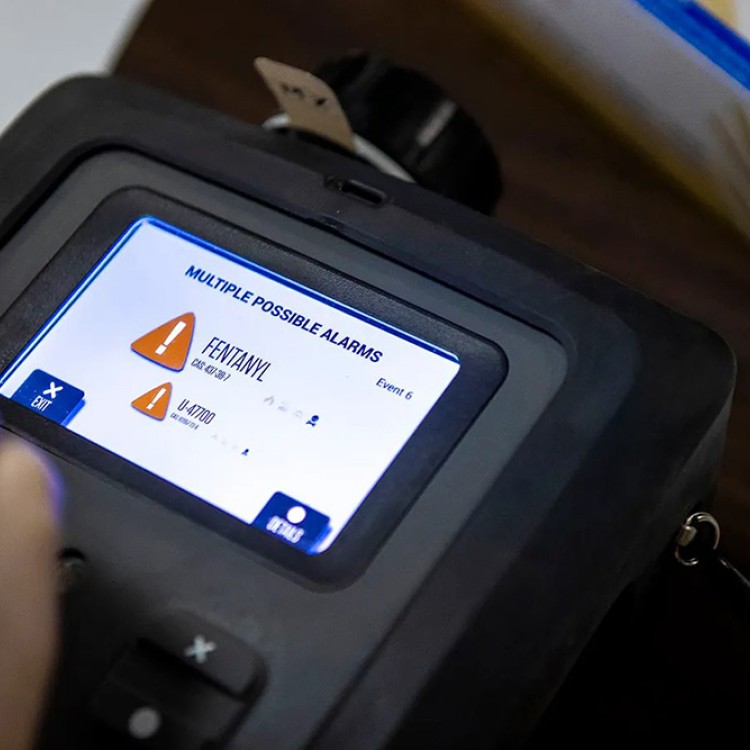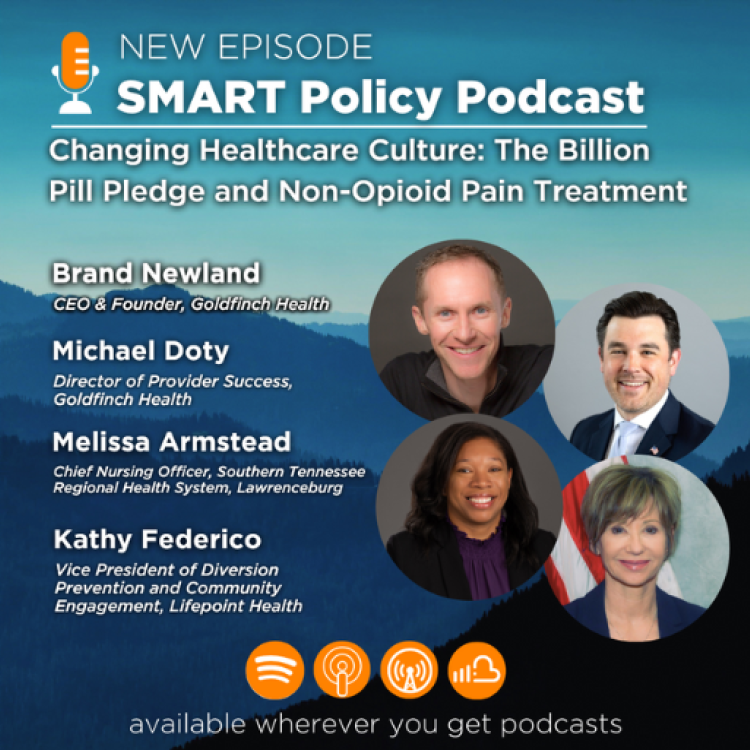SMART News
Opioid Abatement Strategy County Highlights: Q2 2025
/West: Gibson County
The Gibson County Opioid Board received six applications from local organizations, requesting funding for programs that would:
New Dashboard from the CDC Shows Timely Injury, Overdose and Violence Data
/CDC’s National Center for Injury Prevention and Control recently released the Mapping Injury, Overdose, and Violence Dashboard.
The UT SMART Initiative Joins National Network Addressing Opioid Crisis
/New National Association of Counties cohort joins state associations of counties to share best practices in implementing opioid settlement funds
Finding Opportunities to Save Lives With Overdose Fatality Review Teams (Podcast)
/Overdose Fatality Review, or OFR, is a fairly new and yet already proven strategy for identifying gaps in recovery ecosystems. In other words, you bring together people from healthcare, law enforcement, criminal justice, harm reduction services and more to jointly examine cases of fatal overdoses and find out how these people fell through the cracks.
New TACIR Report on Reducing Youth Vaping in Tennessee
/Last year, the Tennessee Advisory Commission on Intergovernmental Relations (TACIR) was charged with studying the impacts of vaping/e-cigarette use in persons under 21 years of age, as youth vaping rates have climbed significantly over the last ten years.
Maury County’s Fiscally Conservative Approach Pays Off (Podcast)
/Late last year, Maury County Commission approved the spending of $920,770 in opioid settlement funding, abating the opioid crisis in their community from multiple angles.
But it’s more than just the broad and comprehensive approach that caught our eye at SMART. The formal and transparent procedures of the Maury County Opioid Abatement Committee have made it so that any local resident can follow along and see exactly how these dollars are being allocated.
Opioid Abatement Strategy County Highlights: Q1 2025
/West: Lake County
Seeking to improve both treatment outcomes as well as continuity of care between services, Lake County has funded a certified peer recovery specialist (CPRS) to work directly in the county jail.
A CPRS is an individual in recovery who has met training requirements and is certified by the state of Tennessee to provide peer-to-peer support services. CPRS services have been shown to have a positive impact on treatment attendance and outcomes, cravings, risky behaviors and other components of recovery, but they are underutilized.
Opioid Abatement Strategy County Highlights: Q1 2025
/West: Lake County
Seeking to improve both treatment outcomes as well as continuity of care between services, Lake County has funded a certified peer recovery specialist (CPRS) to work directly in the county jail.
A CPRS is an individual in recovery who has met training requirements and is certified by the state of Tennessee to provide peer-to-peer support services. CPRS services have been shown to have a positive impact on treatment attendance and outcomes, cravings, risky behaviors, and other components of recovery, but they are underutilized.










